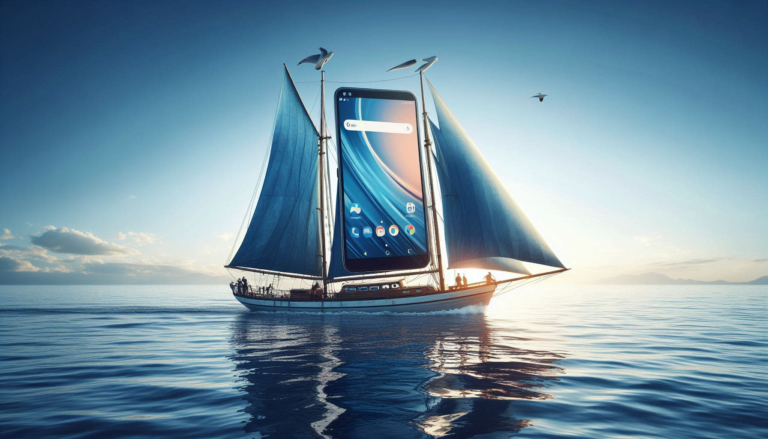Two steps forward. None back.
- Microsoft made two good steps towards improving the appeal of the Windows ecosystem to both users and developers at its BUILD conference.
- First. Windows will now be free for all devices which have a screen size of 9 inches or less.
- With Nokia’s smartphones business soon to be part of Microsoft, this move has no meaningful impact for revenues.
- Other handset makers make tiny volumes of Windows Phone devices and this move is unlikely to change very much from their point of view.
- This is because the biggest problem will now be Microsoft’s lack of independence with an in-house customer.
- This is exactly the same problem that many handset makers had with Google owning Motorola and I think that it is no co-incidence that Motorola was sold to Lenovo within days of Samsung and Google becoming best friends again.
- Hence, this move is very unlikely to change the status quo where Microsoft will remain by far the dominant shipper of Windows Phones.
- It is elsewhere in the Internet of Things where this might become more interesting.
- These devices are showing every sign of being very specific to the use case for which they have been designed.
- For example a thermostat and a connected kitchen scale have very specific functions and hardware meaning that there is little requirement for third party apps.
- However, they will be required to feed data into a wider ecosystem on a phone, tablet, PC, TV or console and here this software could be attractive.
- If the OS on the device already knows how to talk and interact with the devices that make up the real ecosystem then it has an advantage over stand-alone offerings where the software has been developed in isolation.
- By making the embedded software available for free, Microsoft makes its proposition one worthy of serious consideration by anyone creating a connected device.
- Microsoft benefits by adding depth and richness to its ecosystem which I suspect that it will find other ways to monetise.
- This combined with the new development environment (see below) could meaningfully enhance the appeal of Microsoft to those creating cutting edge devices and services.
- This is something that the Windows ecosystem sorely lacks and it would be a big step up if the entrepreneurs can be brought into the fold.
- Second: A new developer environment was launched which allows developers to write a single app that will run on Windows Phone, Windows 8.1 and Xbox One.
- This is a big step forward as it shows that Microsoft is at last beginning to bring together the assets that have long been lying around in different parts of the company.
- Having an ecosystem that seamlessly can jump from one device to another is something that Microsoft is in the best position to deliver.
- Apple’s Digital Life services are not yet strong enough to make this a reality and its software does not work well with devices made by others.
- Google is well positioned to deliver this but the endemic fragmentation in Android makes the functionality almost impossible to deliver at the moment.
- Furthermore, Microsoft’s latest demonstrations of its ecosystem are beginning to show real understanding of user behaviours across multiple devices.
- If this can be clearly demonstrated to users and the popular fixes (Start button) to Windows are delivered, then Windows 9 could be everything that Windows 8 was not.
- This developer tool will enhance the appeal of the ecosystem to developers and encourage them to go beyond Windows 8.1 with very little effort.
- Again this is something that Microsoft can deliver better than its ecosystem competitors.
Take Home Message
- For me, the most positive development from the BUILD conference is that Microsoft seems to be leaning towards becoming an ecosystem company rather than hunkering down and focusing just on the enterprise.
- The fact that a version of Windows is now openly available for free is a clear sign that there is fresh air circulating in the halls of Redmond.
- The strategy to become a full ecosystem company for both consumers and the enterprise is the hard choice but it is the right choice.
- Value creation for shareholders will be much greater in the longer run but there do remain risks when it comes to execution.
- 50 days in and it looks like the right choices are being made.
- Microsoft and Yahoo! along with Google remain my favourite places to be this year.









Blog Comments
Google – Turn of the screw | Radio Free Mobile
April 14, 2014 at 10:23 am
[…] BUILD conference (see here) last month was exactly the […]